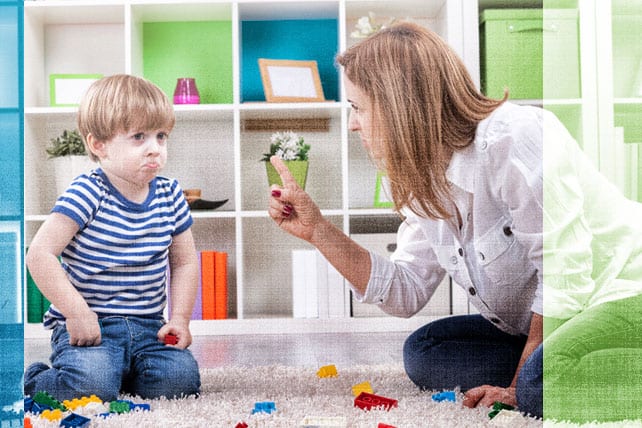We’ve all been there. It’s Sunday Morning, and you are ready for an awesome day of ministry to the kids in your church. But, things just didn’t go according to plan. Johnny wouldn’t stop throwing paper airplanes, Suzi wouldn’t stop talking to her neighbor, and the Jones kid decided to bring a laser pointer and virtually blind you while you were teaching. It seemed like the entire class had obviously eaten a dozen powdered donuts for breakfast and were on a major sugar high.
Now, when this happens you have a choice to make. You can get angry, threaten to quit, or bury your head in your pillow for the rest of the day. OR, you could ask yourself – “Why were the kids acting this way?” The truth is, there are several common reasons why kids misbehave in class…
Common Reasons For Kids Misbehaving
1. Kids Misbehave Because They Have A Desire to Belong
One of kids’ greatest desires is to connect with their peers. Sometimes a child’s misbehavior results from a mistaken assumption that an inappropriate action will help gain peer recognition. When kids feel disconnected from a group, misbehavior is often actually a misguided tactic to belong: “If I refuse to participate, others will think I’m cool, and I’ll fit in with the group.”
2. Kids Misbehave Because They Lack of Direction
Unclear rules, inconsistent enforcement, and lack of consequences can ignite misbehavior. If kids believe they’ll get away with inappropriate behavior, and there’s a history of tolerance without repercussions, the spark of misbehavior can spread like a wildfire.
3. Kids Misbehave Because of Their Environment
Sometimes the room arrangement encourages kids to act out. Seating arrangements, physical distractions, and space issues can lead to a child’s poor behavior choice. One church had kids who constantly goofed off in chairs during class time. Their leader removed the chairs and had kids sit on the floor. This simple change eliminated the distraction and kids were instantly more engaged in the teaching. Group chemistry and personal circumstances may also create a hostile environment.
4. Kids Misbehave Because of Boredom
If kids aren’t engaged in learning, they’ll engage in something else. And an unprepared leader is a doormat just waiting to be stepped on.
“If kids aren’t engaged in learning, they’ll engage in something else.” via @briandollar1
Successful Discipline comes down to two words: Clear Expectations
There is no way that kids can be expected to be held accountable to follow rules that are never clearly communicated to them.
How To Communicate With Children Who Are Misbehaving
1. Keep It SIMPLE
Don’t develop so many rules that kids can’t remember them from week to week. The rules I have used my entire ministry are the C.O.O.L. Rules
Care about your neighbor – don’t be a space invader
Only get out of your seat when you have permission
Obey the leader and don’t interrupt
Let’s work together – and be WINNERS!
To help kids understand, ask them what it looks like to follow the stated rules. For example, “Care about your neighbor and don’t be a space invader.” Ask kids, “What does this rule look like?”
2. Keep It CONSISTENT
Wavering in your discipline approach weekly causes confusion with the kids. Being extra sensitive and calling down everyone one week, then being extra care-free and allowing all kinds of disruptions will NOT help your kids at all. Be consistent.
3. Keep It FAIR
Many of our kids face life with a list of personalities, disorders, and issues attached to them. Each week may bring a different set of behavioral problems and challenges in your class. In the heat of the moment it can be easy to label the child instead of the inappropriate behavior.
Take care when confronting a child about his or her misbehavior. Announcing to the class that Sally’s a chatterbox when she constantly talks out of turn doesn’t model respect and may inflict damage to her developing sense of self. Instead, remind Sally that one of the class rules is to be respectful and when she talks out of turn, her behavior is disrespectful.
4. Consequences
If you want kids to follow your policy, follow through with established consequences. Consequences help kids own their behavior and teach them to make better choices. Here are the established steps to follow when applying consequences.
- Remind the child of the rule they have broken.
- Official Warning
- Move the child to a different seat
- Remove the child from the room (bring them to office)
- Pastor discussion
- Parent meeting
- Suspension for one week
- Suspension for three weeks
- Permanent suspension
- Above all, let’s take a POSITIVE approach.
You get what you celebrate! So, don’t blame the kids when they misbehave. Take a step back, evaluate your approach, and modify it accordingly. Good luck out there!














